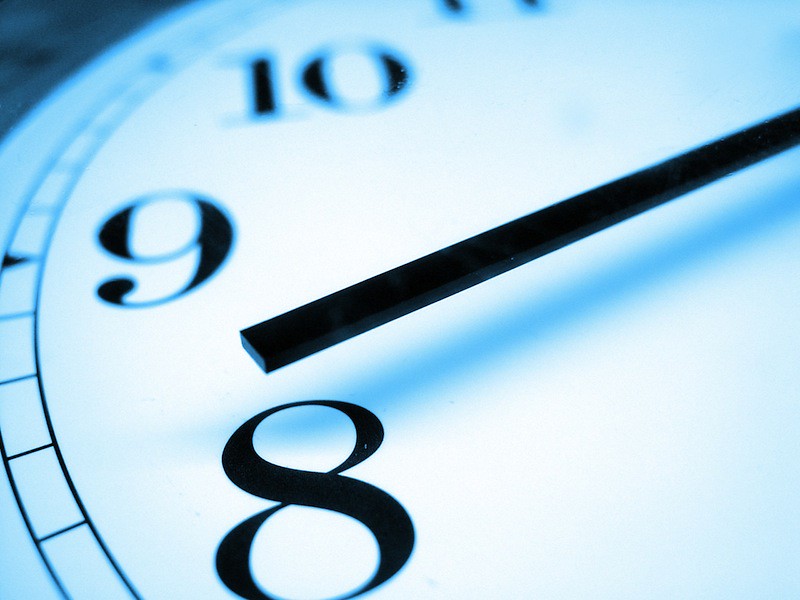This post is sponsored by Sleep Number, but all opinions are my own.
As you and your family prepare to ‘spring forward’ for the beginning of Daylight Saving Time (DST), your to-do list may include things like changing the batteries in the smoke detector, charging the fire extinguisher, and turning the clocks forward (of course!). Even this small change in time can have a big impact on our sleep and how tired we feel, though, but there are different ways to cope with it and make it easier to adjust to the time change. Sleep Number believes that the beginning of DST is also the best time to reset your sleep clock!
Take it 15 minutes at a time.
According to new national sleep survey from Sleep Number, over half (54%) of respondents don’t feel they are getting enough sleep to be at their best. And when we lose an hour of sleep due to DST beginning, that sleep loss is even more evident. To make the time adjustment easier, start going to bed 15 minutes earlier than the night before for 3-4 days before the time change. This will make Sunday morning seem less of a drag!
Live in the future.
On Saturday, live your life as if it’s already an hour ahead. For example, drink your last cup of coffee at 11 am (because that is really noon). Since caffeine has an approximate half-life of 6 hours, you don’t want to consume caffeine after noon as it may impede your sleep. Living ‘in the future’ will make things easier come Monday morning.
Put down the screens.
Survey results indicate that people who use devices in bed are more likely to feel they don’t get enough sleep (51%). It’s important to make a screen-free zone about an hour before bedtime, which gives the eyes and mind time to relax before getting shut-eye (and allows the sleep hormone melatonin to trigger sleepiness). People in the Western region of the U.S. are the biggest tech-in-bed offenders, with 66% of respondents bringing devices to bed. I have to admit I’m guilty of this, as I enjoy reading or playing games on my iPad before bed, and I do have a hard time falling asleep. I’m switching over to crossword puzzles to see if my sleep patterns change.
Monitor sleep to improve it.
Fifty-eight% of people wish they knew more about how to improve the quality of their sleep, yet only 16% actually monitor their sleep (versus 41% who track exercise and 43% who track diet). And, women are more likely to focus on improving their sleep compared to men. Sleep Number’s SleepIQ technology offers a simple solution to those who want to know better sleep. I have a fitness tracker that analyzes my sleep… maybe I should actually use it!
For my family, the best way we’ve found to adjust to the time change is spending time outside. Spending that extra hour of daylight doing something active helps our body clock adjust to the time shift and tires us out so that we sleep soundly. A good, comfy bed also helps. We have a Sleep Number bed and LOVE it!
Also… don’t be afraid to take naps! Sometimes a little power nap does the body good.

